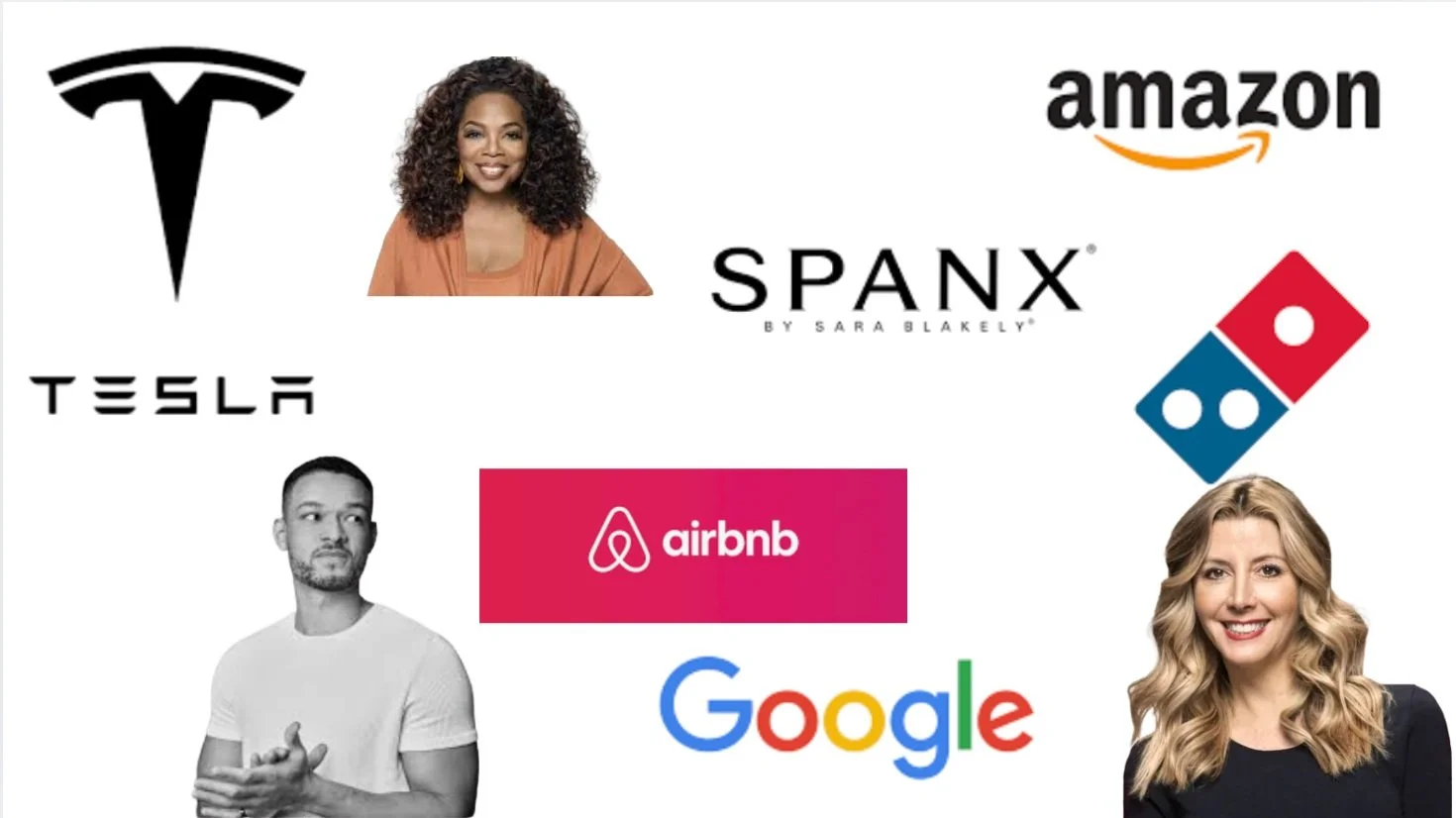Not being first didn’t stop them
And here’s why it shouldn’t stop you
It seems like YETI brand came out of nowhere. All of a sudden on the side every sporting field, family get together or picnic, everyone was toting an insulated, sleekly designed product. Sure, we all had eskies and stubby coolers, but now we had YETIS.
Brothers Roy and Ryan Seiders founded YETI in 2006 based on the belief that, “if something doesn’t work, fix it. And if it doesn’t exist, build it”. As of writing, the brand is worth $US3.17 billion.
What if they thought, “meh, Coleman make eskies” or “who needs another water bottle?”. Our drinks wouldn’t be as cold, and they would have left over $3bn in opportunity on the table.
Not all of us are like Roy and Ryan. So many brilliant ideas never see the light of day because people assume that if they’re not first, they won’t be successful.
Being first doesn’t matter. Being better, different, or more consistent does.
Some of the world’s most successful companies and entrepreneurs weren’t the first in their industries. They simply took an existing idea and executed it in a way that stood out.
So if you need inspiration to keep going when you’re entering an existing market, here are some of the best examples to prove that it’s not about being first—it’s about being the one who makes it work.
Not the first….
But they did it anyway and so should you
Google wasn’t the first search engine (Current value: $2.2 trillion)
Before Google launched in 1998, there were already plenty of search engines—Yahoo!, AltaVista, and Lycos, to name a few. But Google revolutionized search with a better algorithm and a focus on delivering the most relevant results. Now, it dominates the market with a valuation of $2.2 trillion.
Amazon wasn’t the first online store (Current value: $2.3 trillion)
E-commerce existed long before Jeff Bezos started Amazon in 1994. Companies like eBay and smaller online bookstores were already selling products online. But Bezos focused on customer experience, speed, and scale, turning Amazon into one of the most valuable companies in the world at $2.3 trillion.
Tesla wasn’t the first electric car manufacturer (Current value: $1.1 trillion)
Electric cars existed long before Tesla. Companies like General Motors had experimented with EVs, but Tesla made them desirable, high-performing, and accessible. Now, Tesla is a market leader valued at $1.1 trillion.
James Patterson wasn’t the first crime writer (Net worth: $800 million, 425M+ books sold)
The crime thriller genre was already well-established when James Patterson published his first book. But his signature short chapters and fast-paced storytelling made him a bestselling machine, selling over 425 million books and amassing a net worth of $800 million.
Sara Blakely wasn’t the first to sell shapewear (Net worth: $1 billion)
Before Spanx, women’s shapewear already existed, but it was uncomfortable and outdated. Sara Blakely innovated by creating a seamless, more comfortable product. She started from her apartment with just $5,000 and built Spanx into a $1 billion brand.
Steven Bartlett wasn’t the first entrepreneur podcaster (500M+ downloads)
By the time Steven Bartlett launched The Diary of a CEO in 2017, there were already thousands of business podcasts. But his raw, unscripted, and vulnerable storytelling set him apart. His podcast now has over 500 million downloads and is one of the most influential in the business world.
The Skinny Confidential wasn’t the first lifestyle blog (Multi-million-dollar brand)
Lauryn Evarts Bosstick started The Skinny Confidential in 2011—long after fashion and beauty blogs had taken over the internet. But her brutally honest, no-filter advice and strong personal branding helped her turn a blog into a multi-million-dollar brand with a podcast, product line, and book deals.
The Lesson? Don’t Let “Someone’s Already Done That” Stop You
If these examples can teach us anything, it’s that success doesn’t come from being the first—it comes from executing better, creating differently, and showing up consistently. So if you’ve been holding back on your idea because you think the market is too crowded, remember: crowded markets mean there’s demand. And demand means opportunity.
Someone else doing it doesn’t mean you shouldn’t. It just means you need to do it in your own way.
So stop waiting. Start now.

